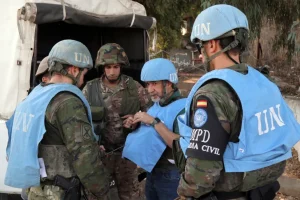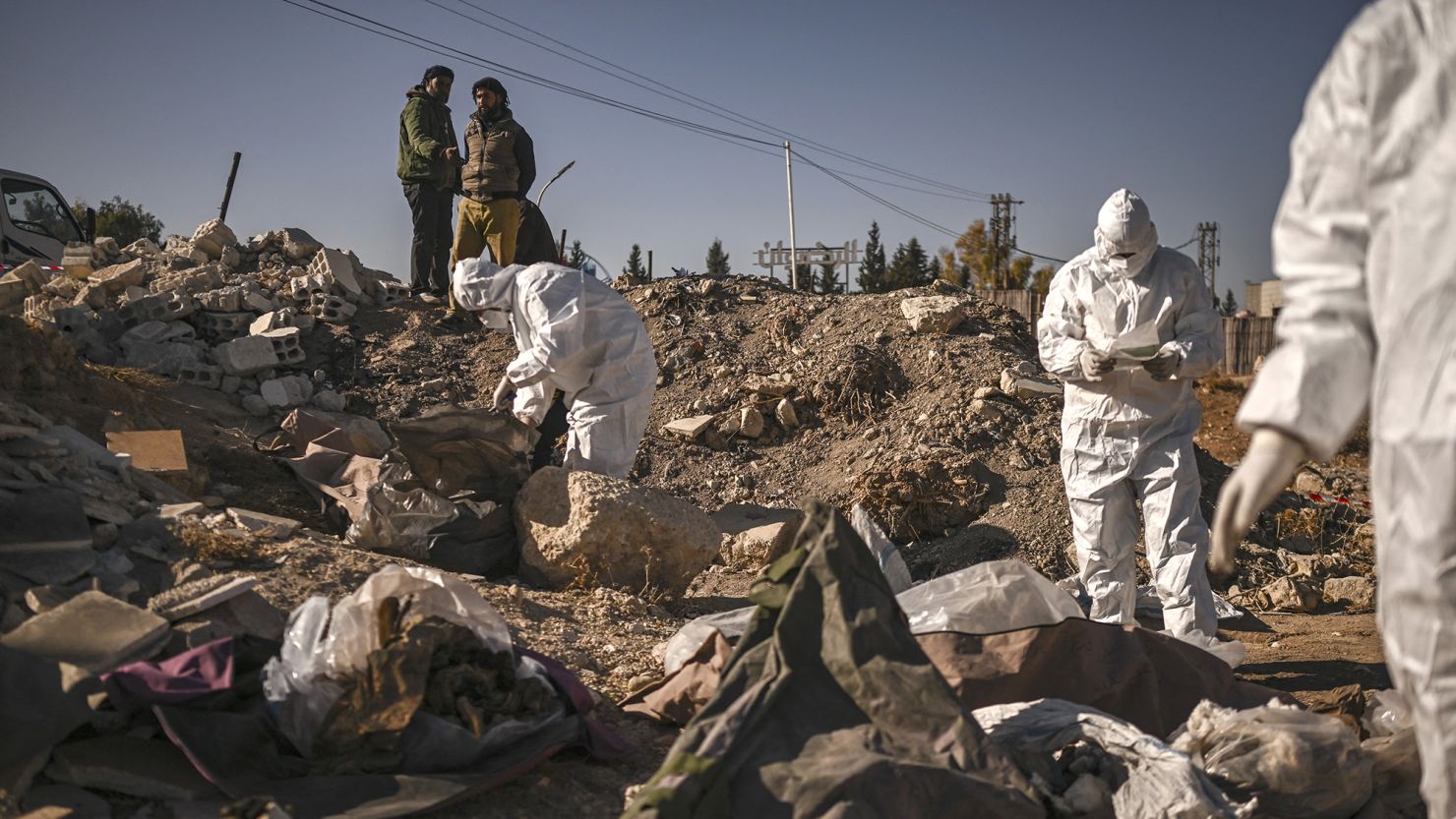UN conference supports Palestinian state and two-state solution

After two days of deliberations, the United Nations conference on Palestine and the two-state solution concluded on July 30th at the UN headquarters in New York, according to Radio France Internationale.
Co-chaired by France and Saudi Arabia, the conference intended to bring the two-state solution back on the global agenda.
“We are gathered here at a dark time,” declared UK Foreign Secretary David Lammy in his opening remarks. Speaking from the podium, he strongly criticised the Israeli government: “Netanyahu government’s rejection of a two-state solution is a mistake! A moral mistake and a strategic error. It harms the interests of the Israeli people and closes the only path to lasting peace.”
Lammy also reiterated that the UK is prepared to recognise a Palestinian state as early as September if Israel does not halt its war on Gaza. His statement was welcomed by France, which has been working to generate momentum towards Palestinian statehood.
France, as well as 14 other nations, signed the “New York Appeal,” a document backing the recognition of Palestine. The signatories also stressed the need to normalise ties with Israel and integrate it into the region—alongside the demilitarisation of Hamas—as key steps towards a sustainable political solution.
The overarching aim of the conference was blatant: to reaffirm that there is no viable substitute to the two-state solution. All 125 participating delegations echoed this view across the two-day discussions.
The urgency of a political resolution was a recurring theme. The final declaration of the conference stated it is “crucial to defend a political solution that includes both an Israeli state and a Palestinian state living side by side.”
The declaration also addressed broader issues such as the future economic success of a Palestinian state and Gaza’s reconstruction. One proposal from the participants included the potential formation of a short-term global stabilisation operation in Gaza.
While there was no fixed course of action agreed upon, organisers highlighted that the conference’s main objective was to foster diplomatic momentum—particularly ahead of the UN General Assembly in September.
Notably, the final statement included several unprecedented positions from Arab nations. Seventeen Arab nations—including Saudi Arabia, Qatar, and Egypt—joined calls for an immediate ceasefire, the liberation of captives, unimpeded humanitarian access to Gaza, and Hamas’ demilitarisation.
For the first time, these Arab states publicly condemned Hamas’ October 7th attacks and declared their intent to normalise ties with Israel—but only if an an independent Palestinian state is also formed.
Radio France Internationale, Maghrebi.org
Want to chase the pulse of North Africa?
Subscribe to receive our FREE weekly PDF magazine









